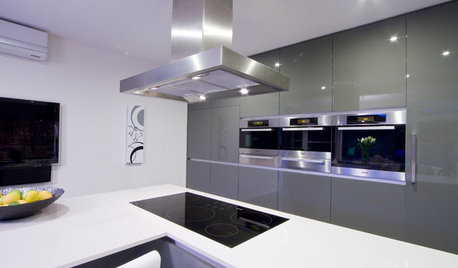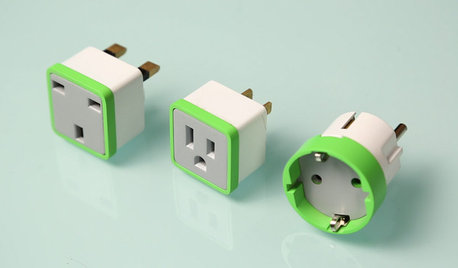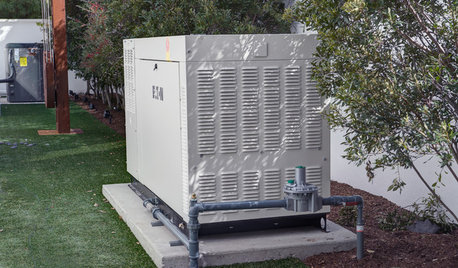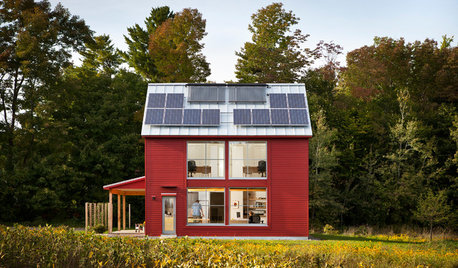Gas vs electric dryer
madriver
17 years ago
Featured Answer
Comments (29)
susannahk3
17 years agomrminrm
17 years agoRelated Professionals
Greensboro Kitchen & Bathroom Designers · Deerfield Beach Kitchen & Bathroom Remodelers · Manassas Kitchen & Bathroom Remodelers · Oceanside Kitchen & Bathroom Remodelers · Indian Creek Cabinets & Cabinetry · South Gate Cabinets & Cabinetry · Phelan Cabinets & Cabinetry · Aurora Flooring Contractors · Avon Flooring Contractors · East Brunswick Flooring Contractors · San Tan Valley Flooring Contractors · Stockton Flooring Contractors · Topeka Flooring Contractors · Truckee Flooring Contractors · Washougal Flooring Contractorsgoldgirl
17 years agodadoes
17 years agosusannahk3
17 years agopeacensunshine
17 years agocmc_97
17 years agocoachdubya
17 years agoheather_d
17 years agocoachdubya
17 years agoonlygirlsmom
16 years agosaaber
16 years agogidge980
16 years agobeaglenc
16 years agoannaw
16 years agoshortlid
16 years agoregus_patoff
16 years agoaprince
16 years agoregus_patoff
16 years agodonnellyjt
16 years agogordonr
16 years agocynic
16 years agommoser
16 years agojcrowley99
16 years agohomebuilder_2009
15 years agofordtech
15 years agoregus_patoff
15 years agosharon620
15 years ago
Related Stories

ACCESSORIESEasy Green: Cut Electricity Use With 15 Unplugged Home Devices
Crank up the energy savings, courtesy of household items that come into power the old-fashioned way: manually
Full Story
BATHROOM DESIGNPut the Kibosh on Hair Dryer Chaos
Fed up with knocked-over blowers and tangled cords? Try these tactics for keeping hair dryers and other styling tools under control
Full Story
DECORATING GUIDESDecorating With Neon: It’s a Gas
Illuminated letters are lighting up interiors. What would your sign say?
Full Story
KITCHEN APPLIANCESFind the Right Cooktop for Your Kitchen
For a kitchen setup with sizzle, deciding between gas and electric is only the first hurdle. This guide can help
Full Story
LIVING ROOMSHow to Convert Your Wood-Burning Fireplace
Learn about inserts and other options for switching your fireplace from wood to gas or electric
Full Story
HOME TECHPlug Into Home Power Monitors That Pay for Themselves
Stop throwing away money on wasted electricity with help from new monitors that work with your phone or computer
Full Story
LAUNDRY ROOMSLaundry Makes a Clean Break With Its Own Room
Laundry rooms are often a luxury nowadays, but a washer-dryer nook in a kitchen, office or hallway will help you sort things out
Full Story
LIFEHow to Prepare for and Live With a Power Outage
When electricity loss puts food, water and heat in jeopardy, don't be in the dark about how to stay as safe and comfortable as possible
Full Story
DISASTER PREP & RECOVERYMore Power to You: How to Pick the Right Generator
If your home's electricity goes, don't let it take your necessities with it — keep systems running with this guide to backup power
Full Story
GREEN BUILDINGGoing Solar at Home: Solar Panel Basics
Save money on electricity and reduce your carbon footprint by installing photovoltaic panels. This guide will help you get started
Full StoryMore Discussions









cynic